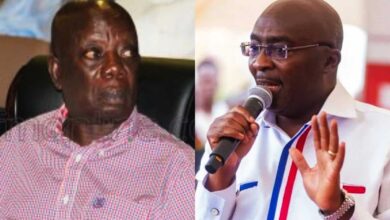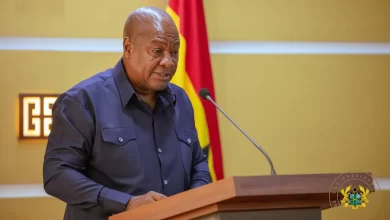The lack of integrity in governance is the primary obstacle to progress in the country, according to Nana Ohene Ntow, Director of Elections Planning and Coordination for the Movement for Change.
In a recent interview with the media, Mr Ntow highlighted the critical role a deficit of integrity among political leaders and public officials plays in the nation’s governance crisis.
He argued that even within the current political framework, the situation could significantly improve if those in power demonstrated greater honesty and accountability.
“Even if we retain the system we are operating now, and people in public systems and structures serve the public with a level of integrity, I don’t think the situation would be even this bad,” Mr Ntow stated, emphasising the importance of ethical leadership.
While acknowledging the need for future reforms, Mr Ntow underscored that the immediate priority should be ensuring that leaders are genuinely committed to integrity. “Even before we consider changing the structure of our governance systems, including political parties and their representation in parliament, anyone who assumes the mandate as president must establish a government of integrity. This, I believe, would yield better results. With that foundation, we can then address major structural and constitutional changes,” he explained.
Mr Ntow also posed a pertinent question to the public: are we ready to demand integrity from those who enter government? “We need to examine our society and systems and question whether those who enter government, under the demands of law and integrity, are prepared to uphold them,” he remarked, reflecting on the societal role in fostering ethical governance.
Despite the challenges, Mr Ntow expressed optimism that even within the current political system, improvements are achievable if integrity is prioritised.
“I think we can evaluate our current political system and structure and still make meaningful improvements,” he concluded, urging that integrity be placed at the forefront of efforts to address the country’s governance challenges.





